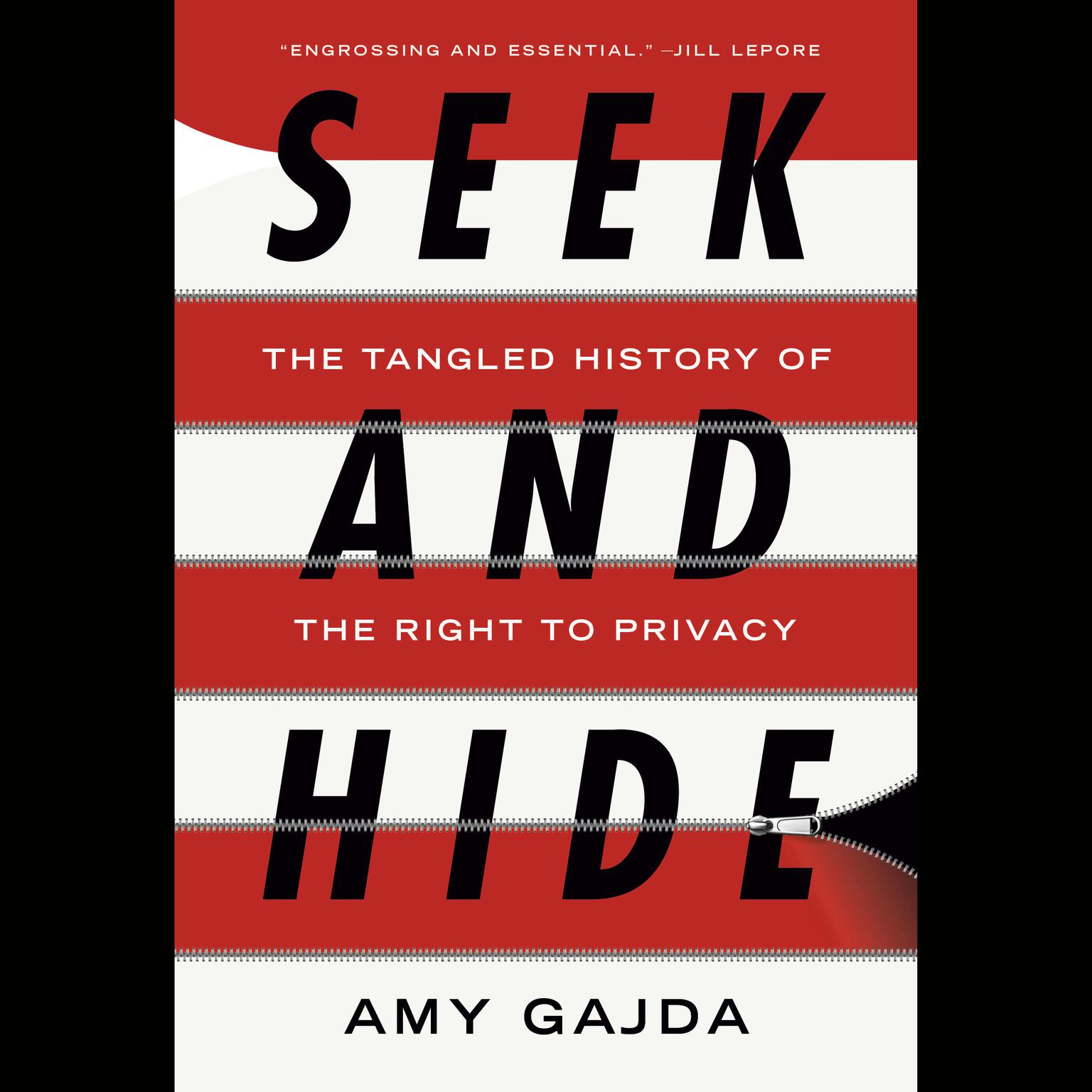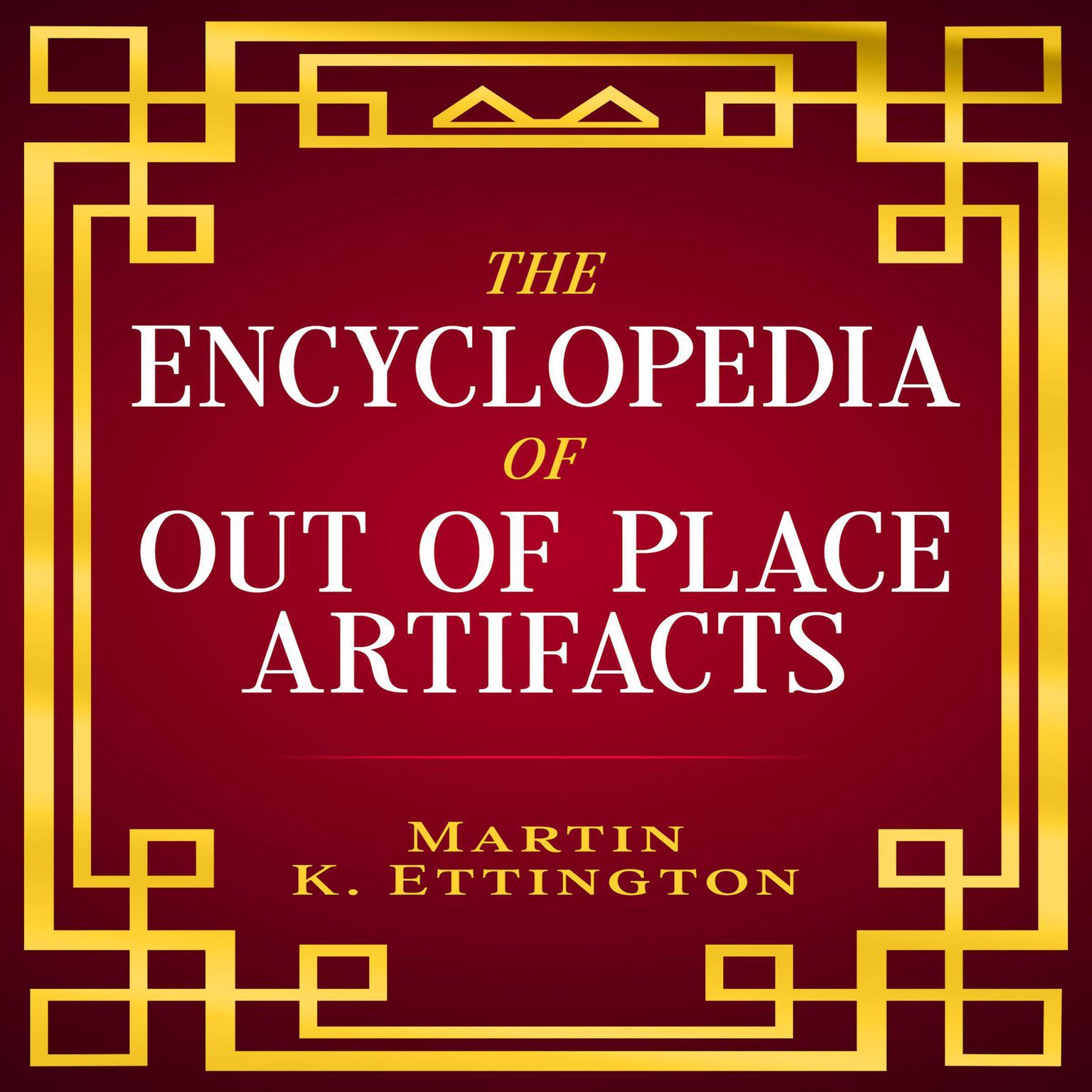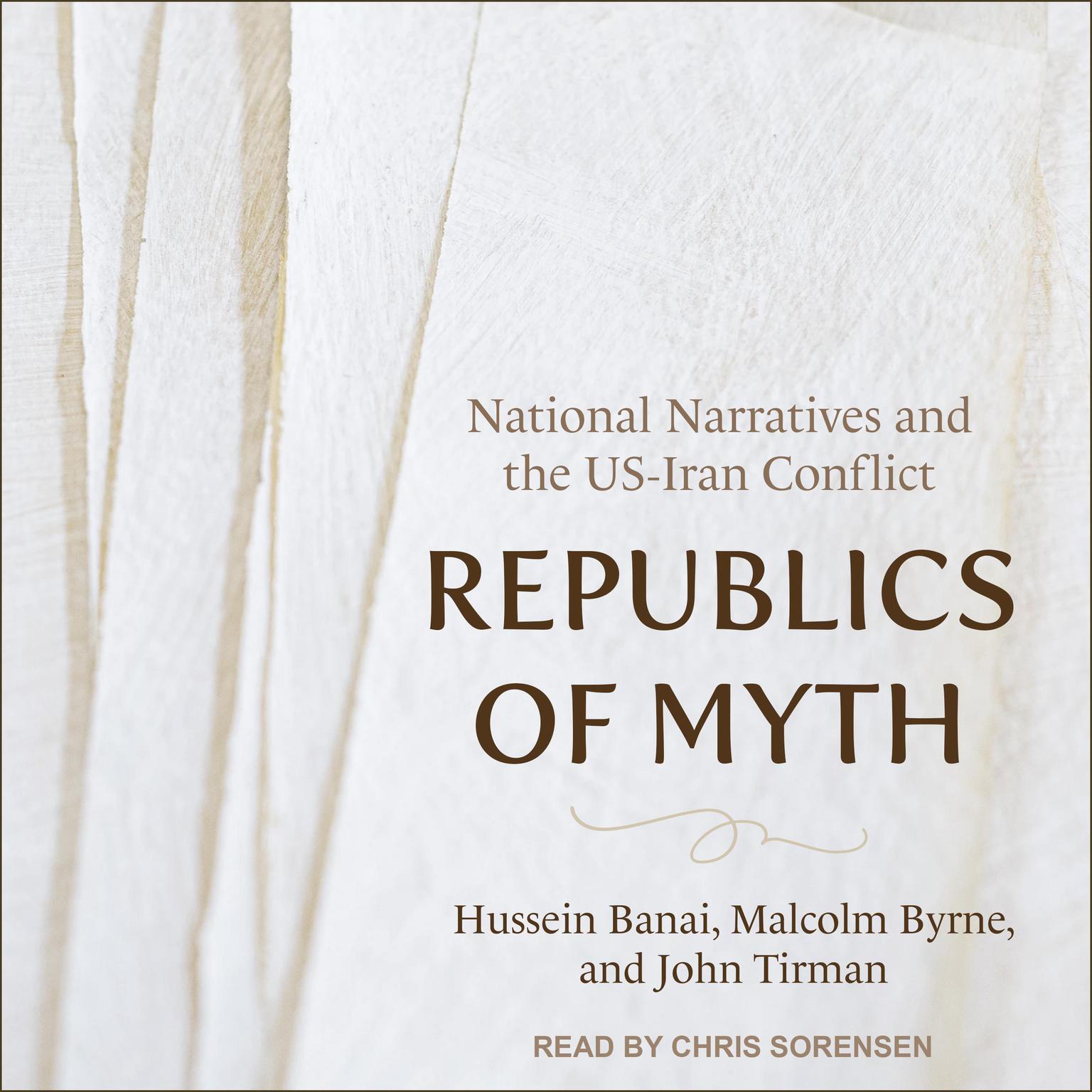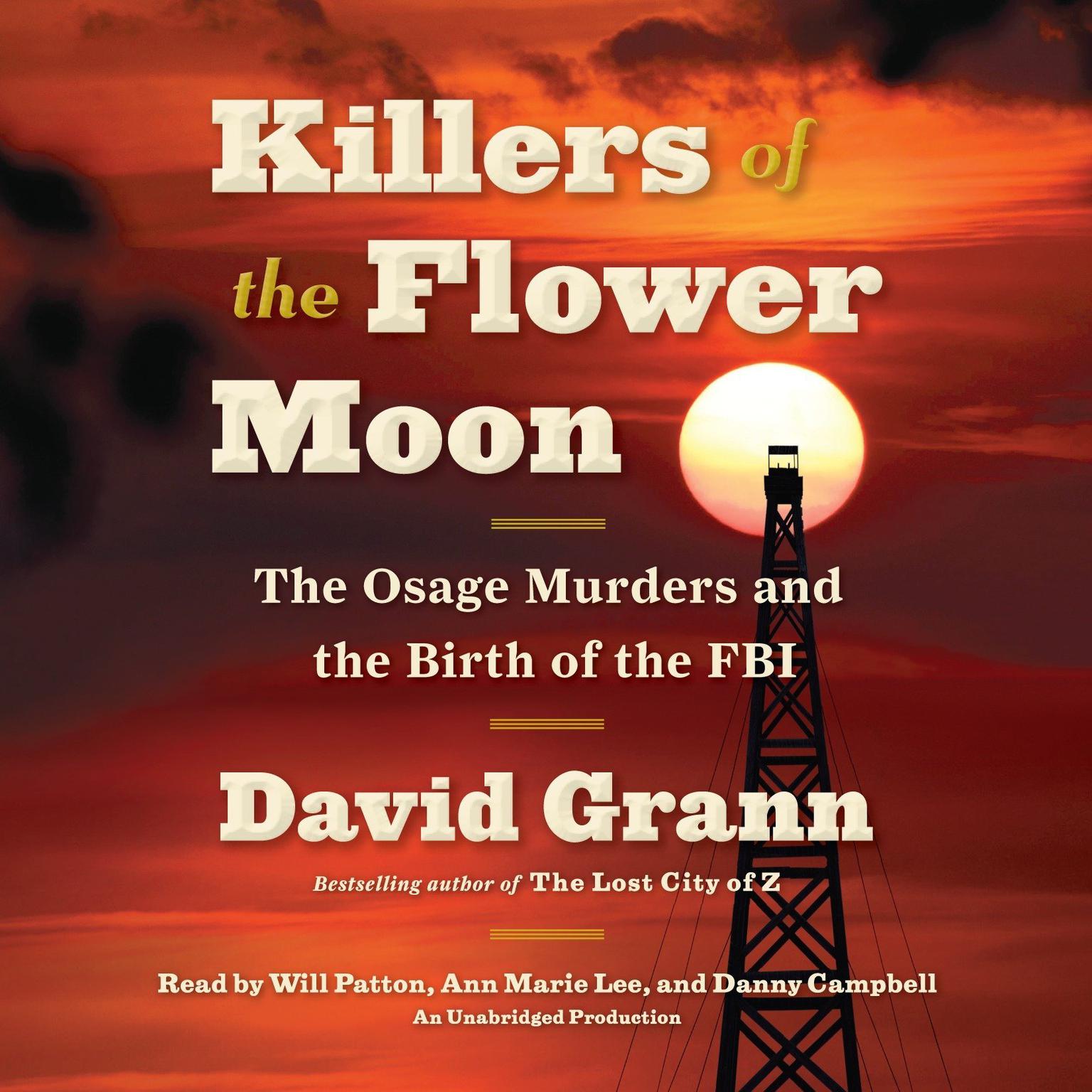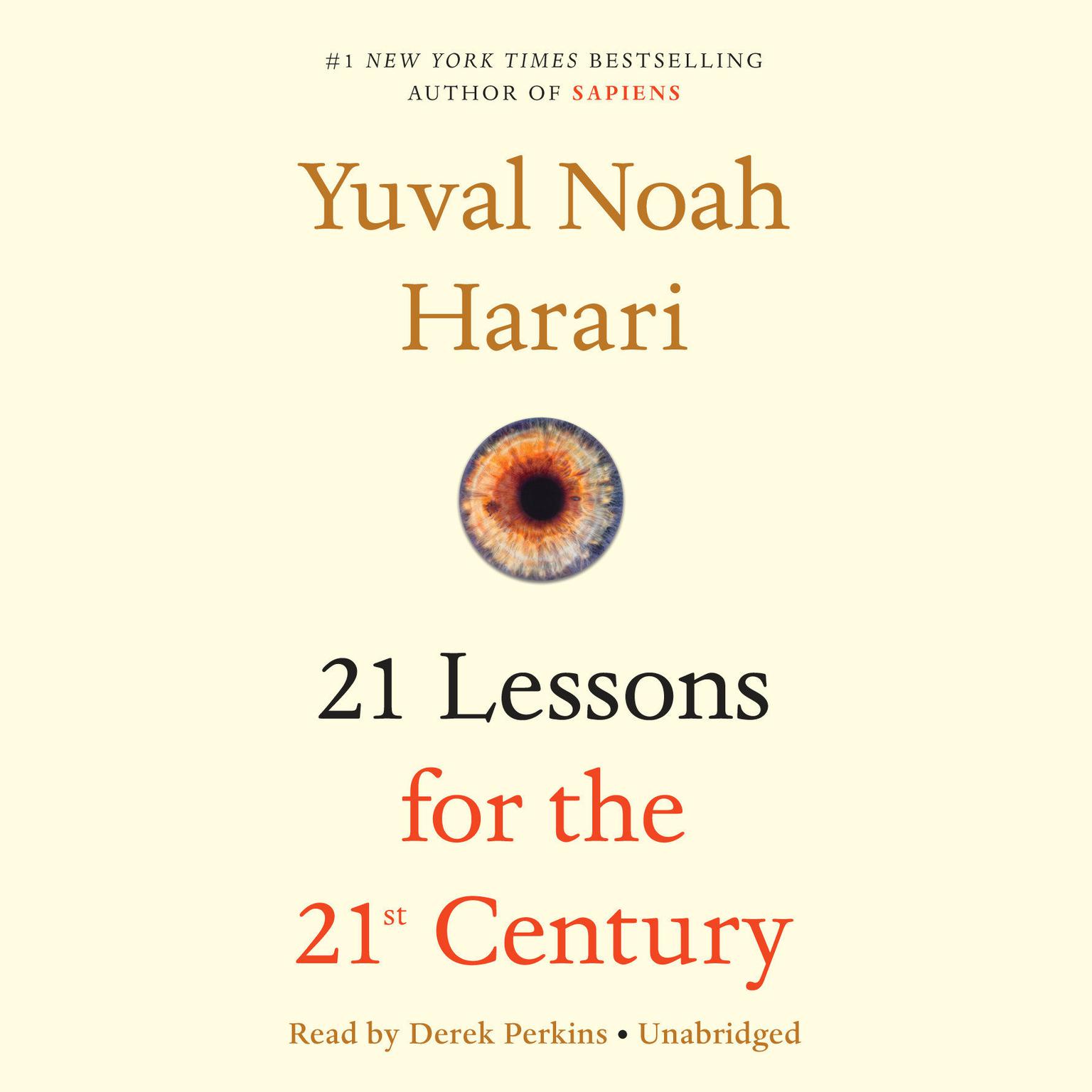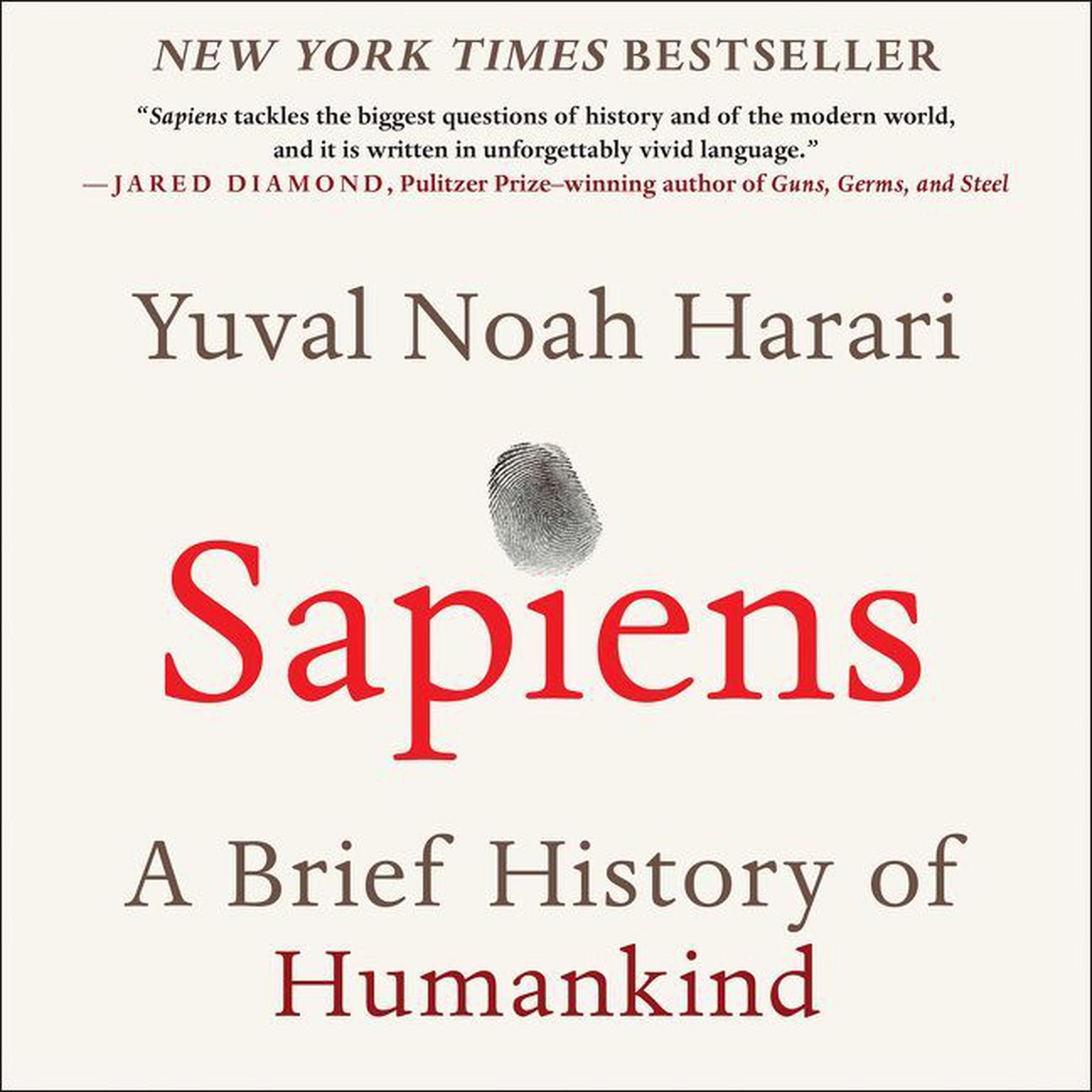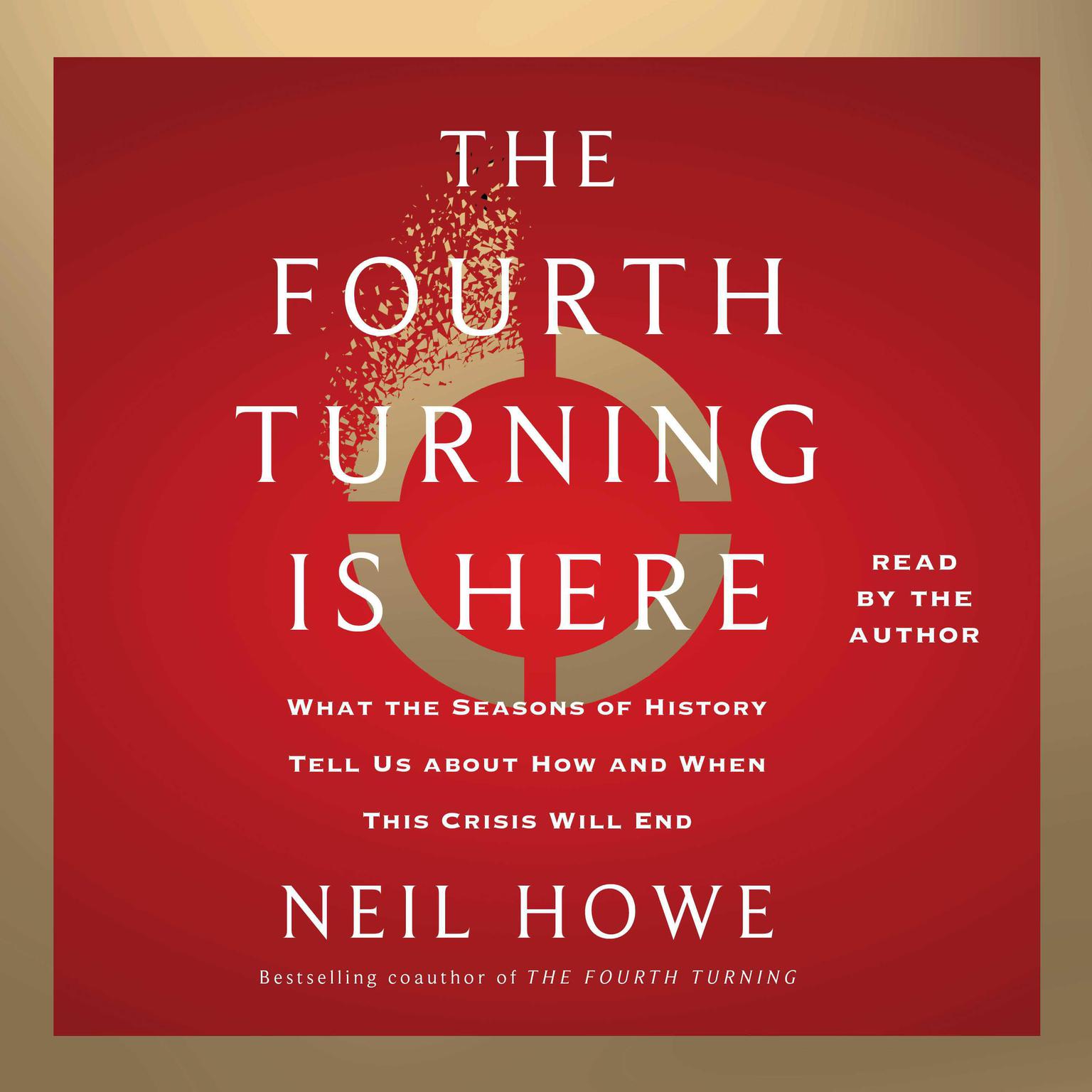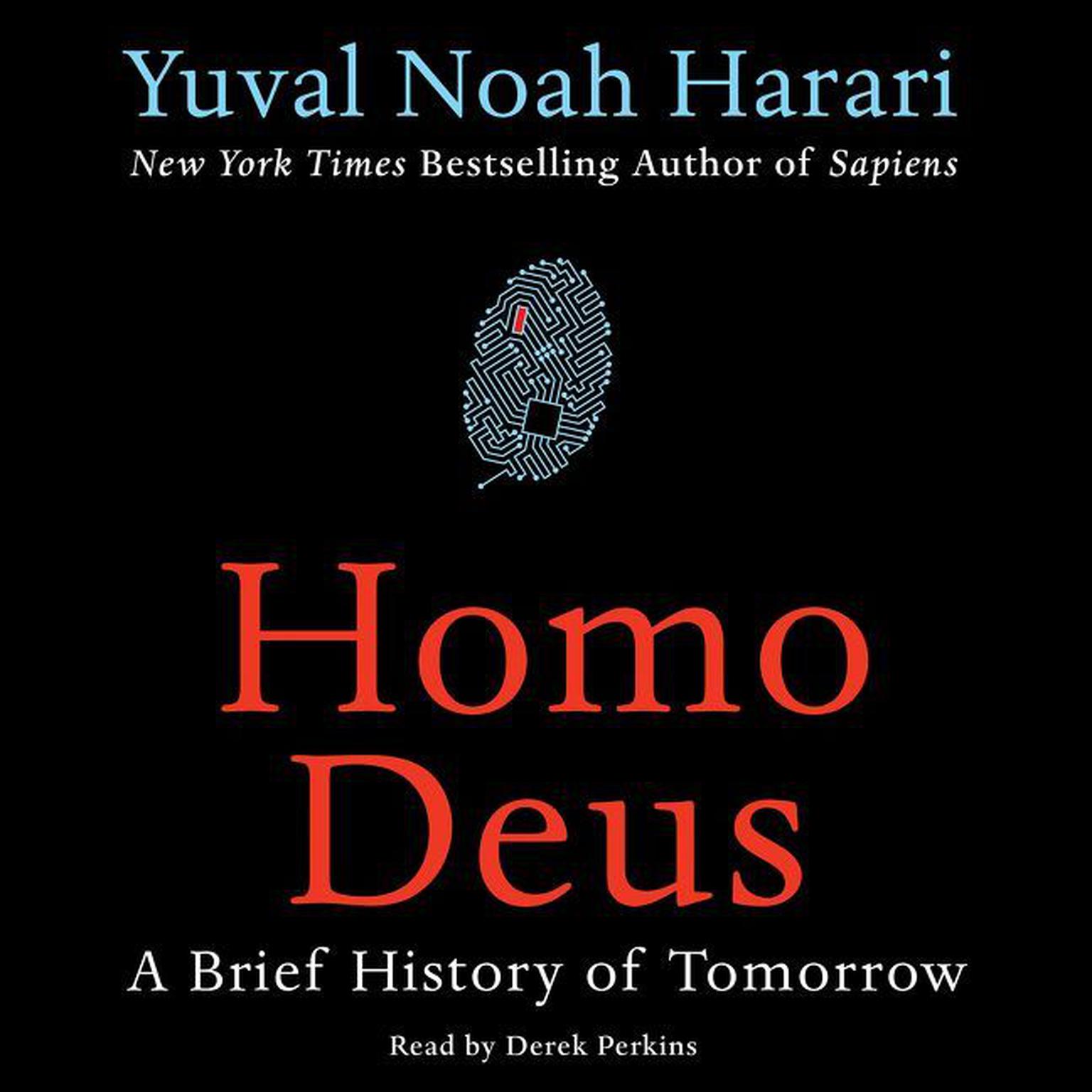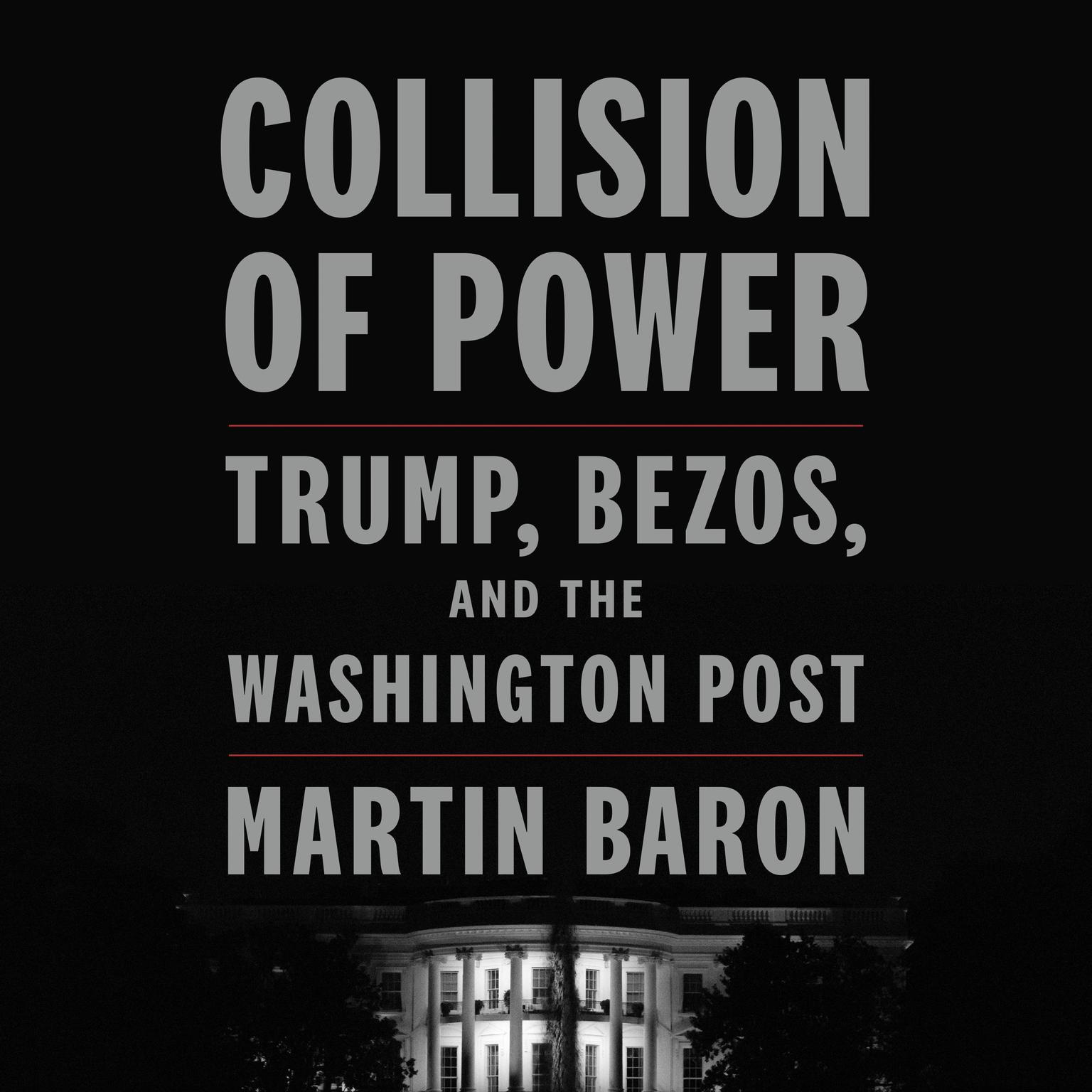Publisher Description
“This brilliant and thought-provoking book shows how America’s well-known emphasis on freedom of the press has long been balanced by a deep legal tradition that protects an individual’s right to privacy. Amy Gajda shows how battles over the right to privacy are nothing new, but they are particularly relevant in this era of digital media and social networks.”—Walter Isaacson, author of Steve Jobs The surprising story of the fitful development of the right to privacy—and its battle against the public’s right to know—across American history. The battle between an individual’s right to privacy and the public’s right to know has been fought for centuries. The founders demanded privacy for all the wrong press-quashing reasons. Supreme Court justice Louis Brandeis famously promoted First Amendment freedoms but argued strongly for privacy too; and presidents from Thomas Jefferson through Donald Trump confidently hid behind privacy despite intense public interest in their lives. The clash between privacy rights and press rights has provoked constitutional crises (tapes and tax returns) and the arrests of journalists who published the truth about public officials. Today privacy seems simultaneously under siege and surging. And that’s doubly dangerous, as legal expert Amy Gajda argues. Too little privacy can mean extraordinary profits and power for people who deal in and publish soul-crushing secrets. Too much means the famous and infamous can cloak themselves in secrecy. Seek and Hide carries us from the very start, when privacy concepts first entered American law and society, to now, when the law allows a Silicon Valley titan to destroy a media site like Gawker out of spite. Muckraker Upton Sinclair, like Nellie Bly before him, pushed the envelope of privacy and propriety and then became a privacy advocate when journalists used the same techniques against him. In the 1960s those privacy interests gave way to the glory days of investigative reporting in the era of Vietnam and Watergate. By the early 2000s we were on our way to today’s full-blown crisis in the digital age, worrying that smartphones, webcams, basement publishers, and the forever internet had erased the right to privacy completely. The stories touch on the famous and the worthy but barely remembered, on presidents with secret babies, and on the evolution of a modern media emboldened to reveal the most intimate details about anyone—and how so much today rests on Section 230, a 1996 federal law that became privacy’s downfall and then the catalyst for its rebirth. Should everyone have privacy in their personal lives? Can privacy exist in a public place? Is there a right to be forgotten even in the United States? Is it too late to get control of data privacy? This fascinating and necessary book shows us how the answers may not be what you expect, or hope, how technology makes these issues more complicated than ever before, and how we can learn from the mistakes of the past as we try to balance privacy and First Amendment freedoms in a modern age.
Download and start listening now!
